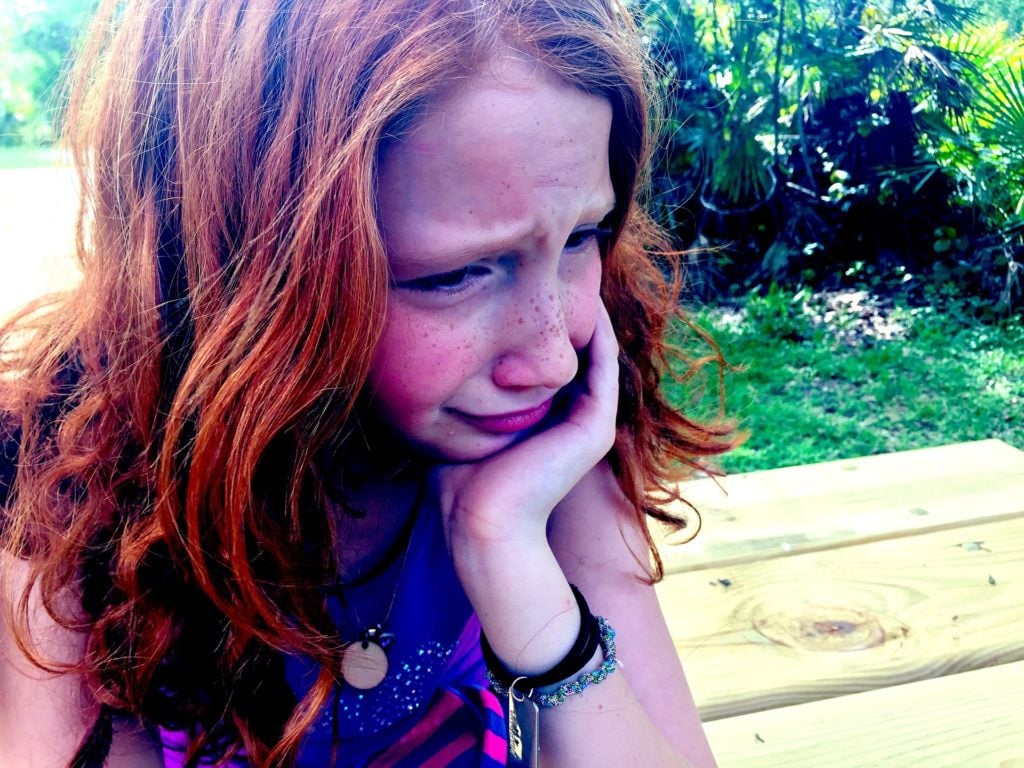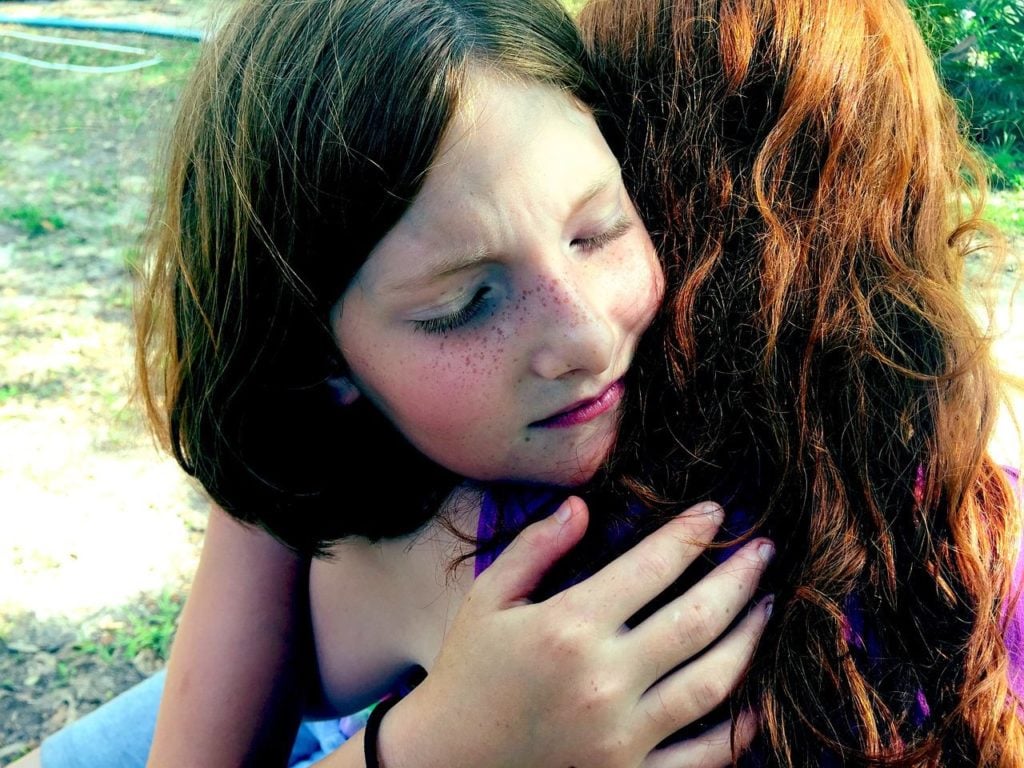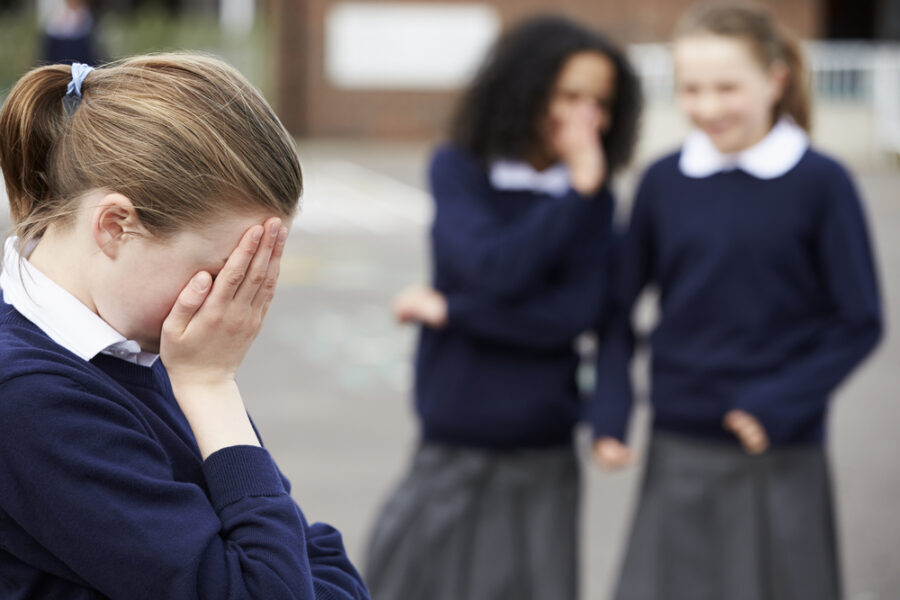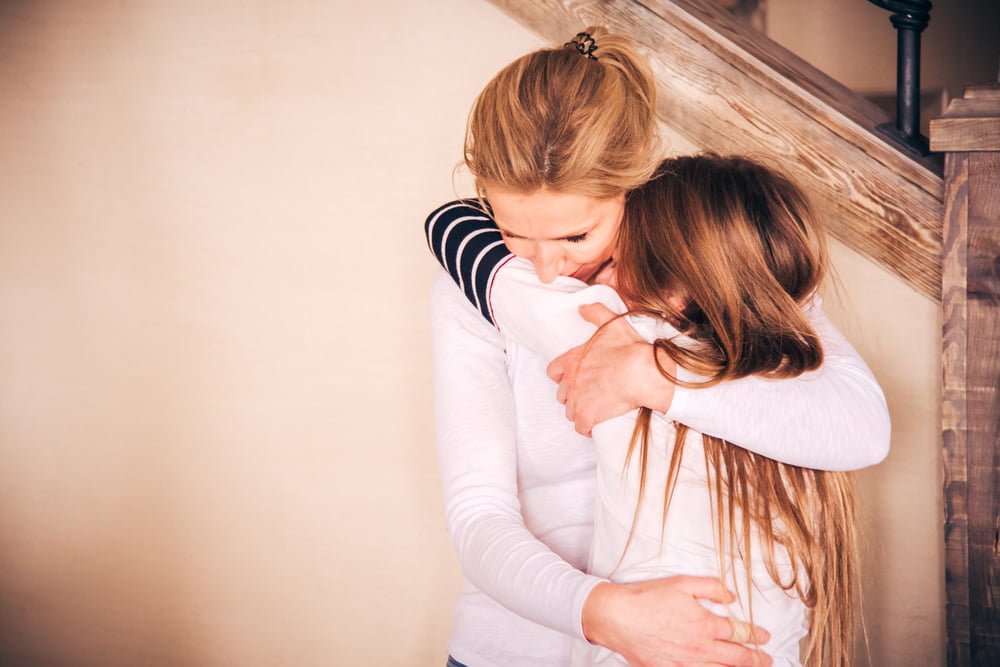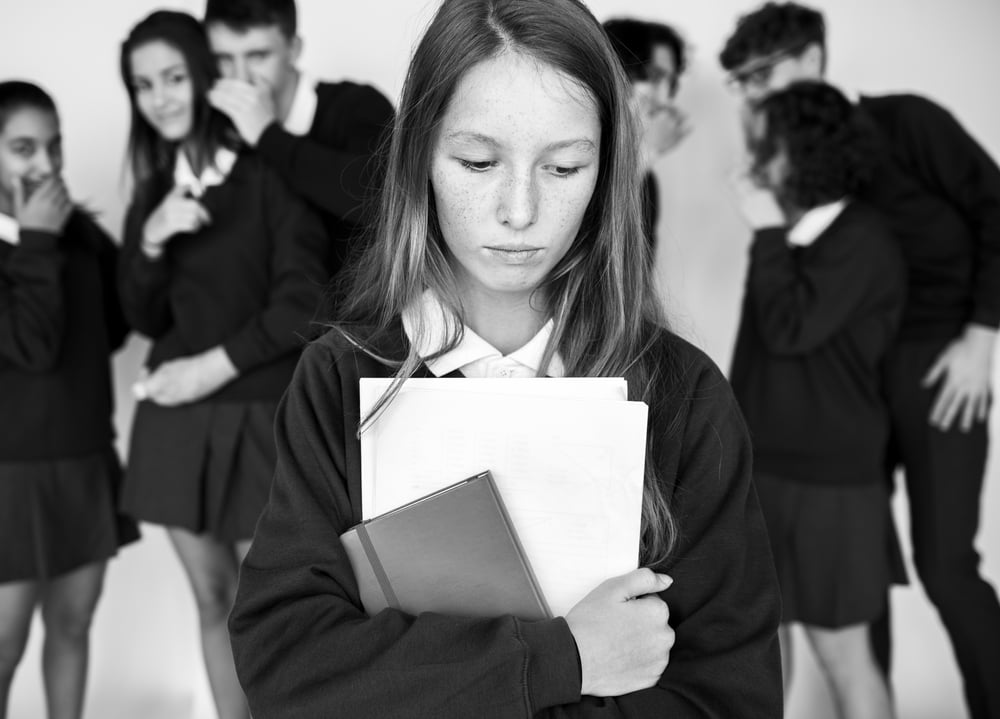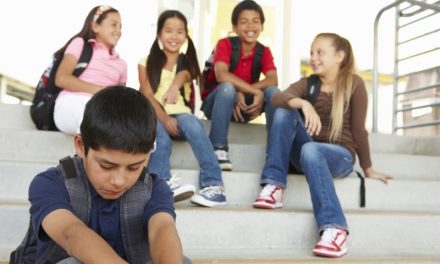What is relational aggression and how do we stop it? It’s one of the biggest challenges facing schools and parents. Why does it happen? How can you make a difference?
In schools, we talk constantly about protecting girls from harm. We teach them about paedophiles, online grooming, sexting, and the harm caused by drug and alcohol use. In reality, the more likely destructive influence on an adolescent girl’s day-to-day life is the damage they do to one another in their friendship groups… Relational aggression.
What is relational aggression?
Relational aggression is the psychologist’s name for what the rest of us call ‘mean girl’ behaviour, or straight-up ‘bitchiness’. It is a pattern of behaviour typically played out by school-age girls, but it is not exclusive to them. In fact, where do they learn it if not from their adult role models? Adults are just more subtle about it.
Chances are, you’ve experienced relational aggression. You know it when it happens to you. It’s an emotional slap in the face and you often feel a sense of shame and confusion.
What distinguishes relational aggression from just being mean, is that it focuses on damaging a person’s sense of social place. I see it as using relationships as weapons.
What does it look like?
Relational aggression may include:
- Exclusion
- Gossip
- The silent treatment
- Belittling (Often hidden behind the expression ‘just joking’)
- Conditional friendship
The first four are self-explanatory, but ‘conditional friendship’ is more difficult. The child knows there are unspoken rules about behaviour and ‘going along’ with the group. It is why many lovely girls behave very poorly. Inclusion is incredibly important to their developing psyche and they will do anything to remain within the inner circle.
Relational aggression is about power and exclusion and it can be very destructive. It has nothing to do with friendship, yet many people see it as a normal aspect of young girls’ relationships. It has become normalised and it shouldn’t be. The terminology around it is often softened. It is referred to in schools as ‘friendship issues’, and in society, we say things like, “That’s just girls”.
Why does relational aggression happen?
Part of being an adolescent is finding your place in social networks. Your peers become incredibly important and there is less focus on parents and significant adults. As a result, impressing and belonging become very important. Traditionally boys have achieved this pecking order with physical strength and humour. Girls use their communication and interpersonal skills.
Girls learn from a very young age that when you create exclusion you create inclusion. And if you can knock someone else off balance emotionally, it defines you as balanced. It is an interesting, if not disturbing, phenomenon to watch in a schoolyard. From the cliques of socially elite ‘it’ girls to the mixed mob of outsiders, there is a power dynamic constantly at play. None of this has anything to do with friendship. Hence the creation of the term ‘frenemies’.
Another feature of this form of aggression is that most kids get a turn. You can be in the inner circle one day and then for no apparent reason, on the outer the next. Groups also work in formation with one another. If a child has been frozen out of one social group, they are unlikely to be accepted by another. It’s like watching a sick game of pinball with a confused hurt child being bounced from one group to another, deflected at every turn until it is their turn to be re-embraced by the ‘friendship group’.
Psychologist, Jane Carmignani, says that kids often know that what is happening is wrong, but they don’t have the language and confidence to stop it, even when they are the one being the mean girl. She says that in her office, girls will tell her about their mean behaviour and show remorse for it. So why do they keep going? The need to be mean comes from a place of fear, fear of not belonging or not being good enough.
This is not to say that girls don’t have genuine friendships, they do. Some kids are lucky enough and emotionally literate enough to enjoy relationships with genuine understanding, and empathy. They support one another and spend time sharing common interests. In my experience, these kids are usually involved in their communities, have varied interests, and are exposed to a lot of different people of varying ages. Their focus is on participating and being involved. However, even these kids come face to face with relational aggression from time to time.
How is relational aggression managed?
Relational aggression is incredibly difficult to manage in a school. It is hard to see, it’s covert, often innocuous-looking, and kids will deny it. It is very frustrating when a girl is being charming to you and you know that she is deeply upsetting another child.
Sometimes a child will lie to your face so often that she starts to believe the lie herself. A simple example is a girl posting an embarrassing photo of a ‘friend’ on Instagram or Snapchat. When confronted about it she will say, “But I thought she looked pretty”. Where do you go with that?
Making girls feel personally responsible is about the most effective technique that is used in schools. If the girls can sit with a psychologist or suitably equipped adult, as a group, and discuss what is happening and how it is making each person feel there is a chance that it can be resolved. If not the cycle just keeps on going.
8 ways to stop relational aggression
It isn’t all hopeless. This is learnt behaviour and learned behaviour can often be unlearned. But there are commitments that need to be made by parents. We need to:
1. Make friendship cool.
Modelling by adults is the most powerful way of doing that. Talk about the great qualities of your friends to your kids. Too often we niggle at our friends’ weaknesses instead of verbally celebrating their greatness.
2. Explicitly teach kindness, compassion and empathy.
We know kids have the capacity for these qualities. They are often evident at home or with people of different ages, but they are not being engaged in their relationships with peers.
3. Explicitly teach emotional intelligence.
Help kids recognise who is loyal and who is safe. Talk to them about relational aggression. They should be able to recognise it and name it.
4. Teach kids to be:
-
- Upstanders –These are people who stand up for victims. It’s been proven that if you can stand up to a bully for 8 seconds, they are likely to back down. Some kids are stronger than others. We need to make it cool to be strong and able to defend others.
- Distracters – It is important that kids be able to recognise when a mean moment is coming and distract participants away from it. It’s a skill that adults eventually learn themselves, but if kids are given instruction on how to do this it can be learnt more quickly.
- Supporters – Kids can be encouraged to do something as small as making eye contact with a victim while aggression is happening. That shows the victim that the behaviour is seen and acknowledged. It makes the victim seen and acknowledged. They aren’t alone.
5. Carefully manage online activity.
A lot of relational aggression happens out of school hours, in cyberspace. Kids need a break from their friendship groups.
6. Create opportunities for children to meet lots of new people outside of school and get to know them well.
I love sport for this reason and many more. Teammates are people you have to understand and communicate with. Assumptions about people get tested. However, for your child, it may be art, dance, or any one of hundreds of possible activities.
7. Learn how to respond to your child’s friendship problems
Respond in a way that empowers them and helps them to grow, because this will happen more than once! Read how here
8. Please…. Never say, “That’s just girls”.
Don’t say, “boys will be boys” for that matter. We can be better than that. Or at least we can try.
Why not follow Linda’s blog? You’ll receive useful information to help support your kids as they navigate their school years.
Free downloads
You can download Linda’s Activity Guide For Talking To Kids About Friendship here.
You can download Linda’s Friendship Manifesto here
Written by Linda Stade ©Santa Maria College. All rights reserved

